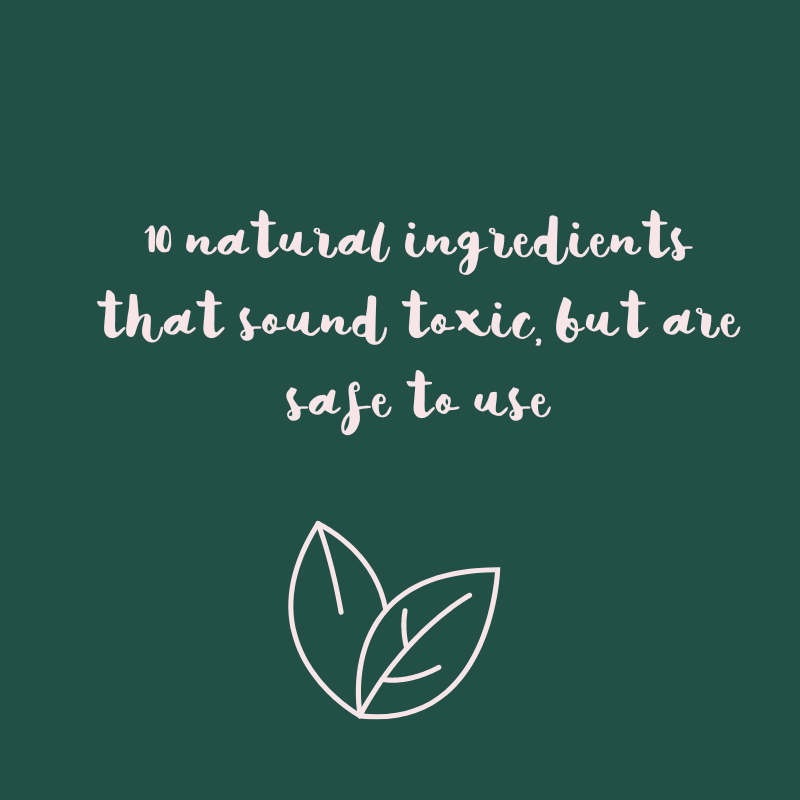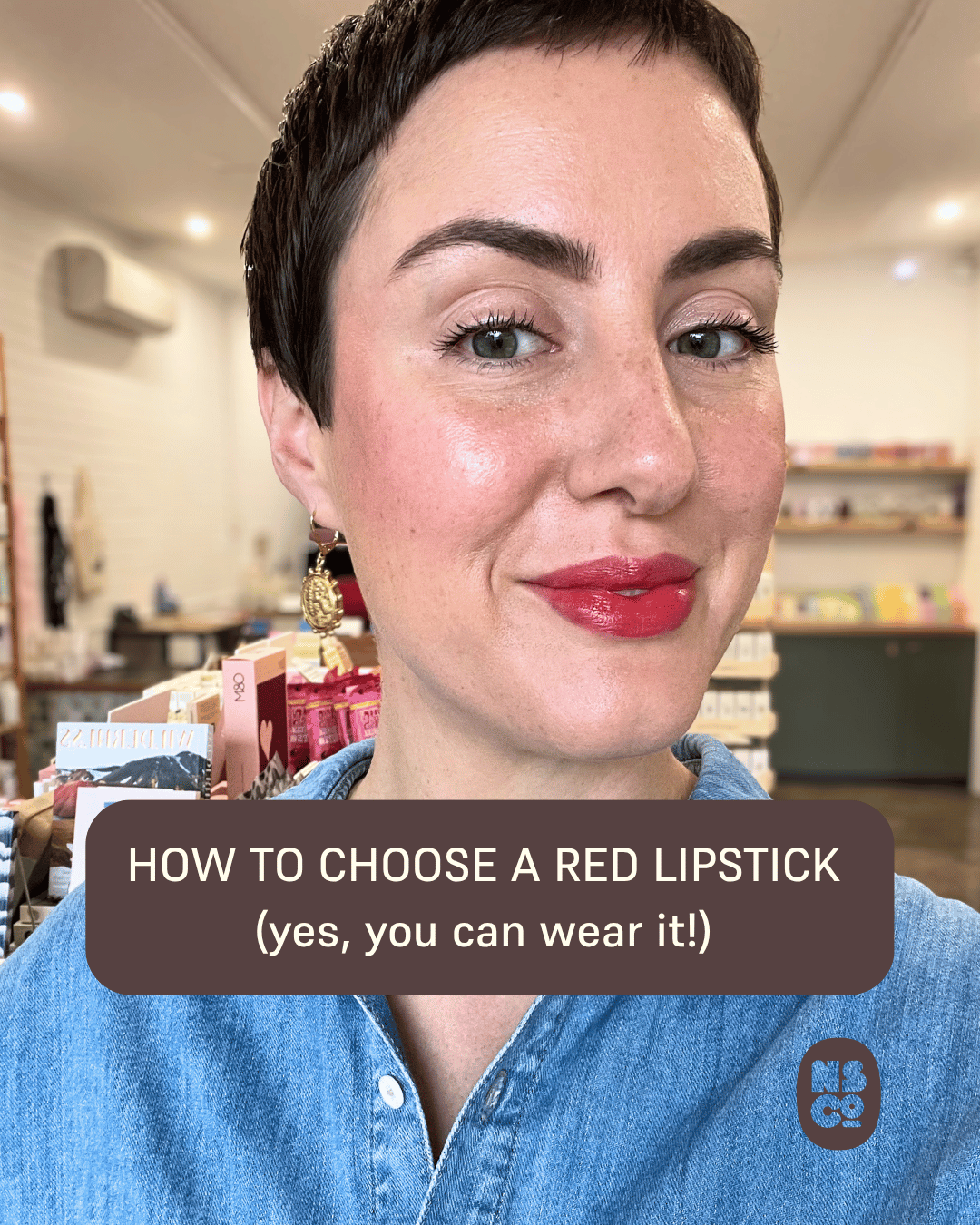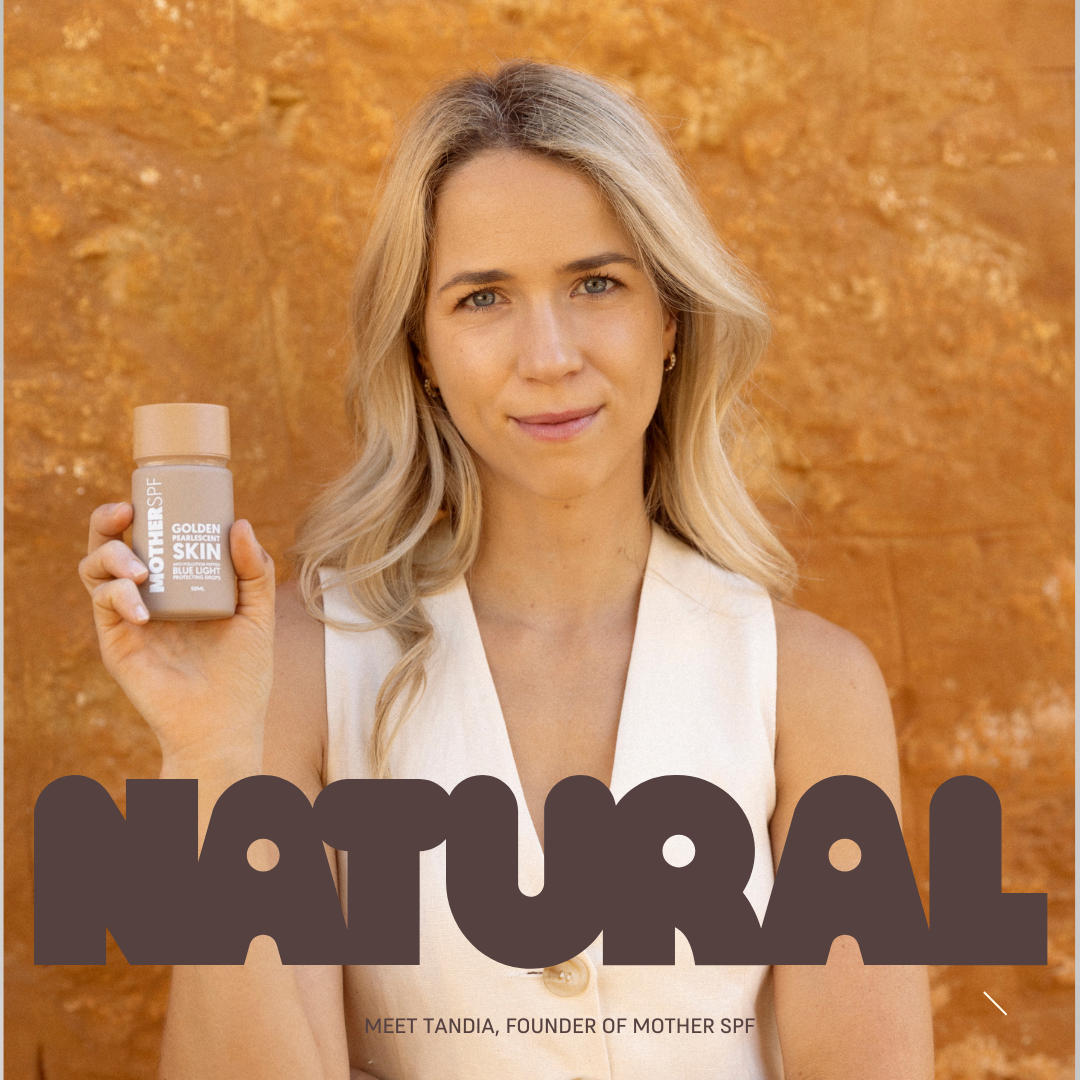FREE SHIPPING
ON AUSSIE ORDERS $150+ | AFTERPAY AVAILABLE
Menu
-
- BRANDS
-
SHOP
-
NEW
-
BAGGU
- FACE
- MAKEUP
- BODY
-
HAIR
-
ZERO WASTE
- NEW Zero Waste Goodies
- Back to School Nude Food Essentials
- Bags + Accessories
- Food Storage + Bags
- Plastic Free Personal Care
- Plastic Free Products
- Reusable Coffee Cups + Water Bottles
- Reusable Produce Bags
- Shampoo + Conditioner Bars
- Straws + Cutlery
- Zero Waste Bathroom
- Zero Waste Home
- Zero Waste Kitchen
- Zero Waste Travel
- HOME
-
GIFTS
-
BABY + KIDS
- NEW Products for Kids
- Back to School Essentials
- Baby Balms, Cream + Lotions
- Baby Powder
- Baby Washes + Bubble Bath
- Baby + Kids Oral Care
- Gifts for Kids
- Hair Care for Kids
- Nappy Bag Essentials
- New Baby Gifts
- Pregnancy
- Sunscreen for Babies + Kids
- Tweens + Teens
- Vegan Baby Products
- Baby & Kids Travel Products
-
MEN
- SALE
-
- ABOUT
- REWARDS
- TESTIMONIALS
- NSC BLOG
- Login
-
Australia (AUD $)

FREE SHIPPING
ON AUSSIE ORDERS $150+ | AFTERPAY AVAILABLE
Add description, images, menus and links to your mega menu
A column with no settings can be used as a spacer
Link to your collections, sales and even external links
Add up to five columns
Add description, images, menus and links to your mega menu
A column with no settings can be used as a spacer
Link to your collections, sales and even external links
Add up to five columns
10 natural ingredients that sound toxic, but are safe to use
January 31, 2019 3 min read

We all know how important it is to read the ingredient lists on products we are going to use on our skin, our children and in our homes - but it can be almost impossible to know what we are actually reading.
We get told that if we can't pronounce the ingredient, then it can't be safe; but that is just not true. There are so many natural ingredients out there that sound like chemicals, but they are not and they are safe to use.
We've gone through the top ten commonly misunderstood natural ingredients and outlined them for you here.
Caprylic/Capric Triglyceride
Caprylic/Capric Triglyceride may sound unnatural, but it's just the combination of plant sugars and fatty acids derived from palm and coconut oils. The result is a much silkier, lighter feeling oil with a longer shelf life, which is very mild and suitable for most skin types. This makes it very popular in natural skincare and cosmetic products.
Palmitoyl Ogliopeptide
Peptides occur naturally in the body. Some help to form collagen and elastin in the skin; the compounds that help to support the structure of skin, reducing sagging and bagging... not for us, thanks!
Palmitoyl oligopeptide is a peptide attached to a fatty acid. The fatty acid comes from palm oil (hence the 'palm' in the name). So you’ve got the collagen-supporting action of the peptide combined with the deeply hydrating action of the fatty acid. All good stuff that helps your skin look younger.
Cetearyl Alcohol
We all know not to use skincare products with alcohol in them, because they are so drying and irritating to the skin - right? Wrong.
Well okay, yes, Benzyl Alcohol is irritating and should be avoided if you are highly susceptible to allergens, but Cetearyl Alcohol is a safe combination of fatty alcohols derived from vegetable sources, such as coconut or palm oils. It is used in cosmetics as a surfactant and emulsifier, and is much milder than benzyl alcohol.
Glyceryl Stearate Citrate
This toxic-sounding ingredient is actually just a natural combination of vegetable oils and citric acid. It is used in cosmetics as an emollient and fragrance ingredient, and is completely safe.
Caprylyl Capryl Glucoside (and/or Lauryl Glucoside)
It sounds nasty, but never fear - this is simply a safe alternative to regular sulfates, which are typically used in cleansers and shampoos to make the products foam up.
Also a 'surfactant (cleanser),' Caprylyl Capryl Glucoside is formed in the lab by blending a mixture of alcohols with some simple sugars. The raw materials come from vegetables or coconut and are safe to use.
Coco Glucoside
Made from dried coconut pulp and fruit sugar, Coco Glucoside is a mild surfactant that is commonly used in cosmetics. It is gentle enough for all skin types, and is biodegradable and nontoxic. Just how we like it.
MSM (Methylsulfonylmethane)
It gets a tick for the scary long name that you don't know how to say, but it is just a biological sulfur found in plants, soils, fruits, vegetables, fish, eggs, meats, and milk. It’s also found naturally in humans. Commonly found in joint supplements, as it’s been found in some studies (along with glucosamine) to help ease arthritis pain, MSM is also great for skin. When applied topically, it penetrates deeply to help encourage hydration, and it has a natural anti-inflammatory effect; great for irritated and sensitive skins.
Sodium Hyaluronate
You'll find Sodium Hyaluronate listed on lots of anti-aging products. It's the sodium salt of hyaluronic acid, offering the same great skin benefits, but with a smaller molecular size which allows this ingredient to sink into the skin more readily. Sodium hyaluronate retains water, giving skin that plumped up and hydrated appearance we all want.
Maltooligosyl Glucoside/Hydrogenated Starch Hydrolysate
A complex derived from carbohydrate syrup (Maltooligosyl glucoside) and corn starch (hydrogenated starch hydrolysate), this guy helps the skin to retain moisture, helps to calm sensitive skins, and also to reduce the risk of any irritation. Safe to use? Absolutely.
Tocopherol
Tocopherol is simply the hydrating antioxidant that we know as Vitamin E. Found in many different sources, such as oils, nuts, and vegetables, this natural ingredient is highly beneficial to most skin types, including sensitive skins.
What do you think - are there some surprises there for you? Please comment below and let us know if there are any other ingredients you'd like de-coded!
Leave a comment
Comments will be approved before showing up.
Also in BLOG

How to Choose a Red Lipstick (Yes, You Can Wear It!)
July 15, 2025 2 min read
Not sure if you can pull off red lipstick? You can. Learn how to find your perfect red shade based on your skin tone, with tips from our makeup artist Court.

